There is no shortage of people who want to discourage you from running. “It’s bad for your knees!” they knowingly proclaim. Worryingly, some of these people are Medical and Health Professionals. Aren’t we supposed to be encouraging Australians to be more active? So what’s with this?
Is there evidence to link running and knee injury?
Well yes and no. If you take a group of runners and monitor them over the course of a year, some will get injured- and the most likely part of the body that will sustain the injury is the knees. There are a few studies that have looked at this, and the numbers vary from study to study but the consistent themes are; running comes with injury risk; and the knee is the most likely spot you’ll feel it.
But does this justify the blanket rule that running is bad for your knees? If so, we would also have to conclude the golf is bad for your back, swimming is bad for your shoulders and cycling is bad for your neck. Should we also avoid these forms of physical activity?
It would be rhetorical to say: that your body is special. And you would only want the best to be guiding you through your health and well-being safely. And yet, one can still be suggestible- picking up dodgy anecdotal tips from ‘that guy’ on the lat-pull-down machine.
I have personally experienced the exercise benefits, being safely loaded, and moving with confidence with one of my colleagues. Leaving my body and surrendering to an expert has given myself a deeper appreciation of the importance of finding an expert in human movement.
I have always been on the other side to what I have been accustomed too- and as bias as it sounds: my colleagues here at iNform health really know how to manage and care for their clients.
Why do some runner’s knees get injured?
There is no single answer to this, and the reality is that injuries that develop over time generally do so because of the convergence of a number of factors. Here is a case study that can illustrate this point:
Steve is 45 and works long hours as a Chartered Accountant. He spends extended stretches of time at his computer, occasionally getting up to make another coffee. He often skips lunch, but when he can sneak out he usually grabs whatever is quick and easy from the Bakery across the road. After work he drops in to his local for a quick beer or two with a couple of mates, before getting home in time for dinner with the family. When the kids are off to bed, the feet are up and he spends more time than he should watching Netflix. His sleep is short and poor in quality as a result.
Steve sees his Doctor who informs him his blood pressure, blood glucose and waist circumference are all trending towards the red-zone, and that he needs to start doing some exercise immediately to turn things around. Steve heeds the warning, so early Saturday morning he laces up his ten year old sneakers he usually wears to mow the lawn, chucks on a t-shirt and shorts and gets out to his local Park-Run 5km. Steve starts out confidently but after about 500m starts to puff and pant. By 2km his knees and lower back are getting sore but he is a determined bugger, so he drags himself across the next 3km with a slow, loping stride. ‘This will only get easier’ he tells himself, and to his credit he repeats this torture for the next 3 weeks.
By Sunday after week 4, his knees are swollen, sore and hot to the touch. He sees his Doctor again the following day and fills him in. “Well you shouldn’t have started running, don’t you know running is bad for your knees?! You should walk, or maybe ride a bike instead”.
Was running the problem here? Or what is that Steve, although well-intentioned, just plunged himself into a task he was completely under-prepared for and hurt himself as a consequence?
Steve’s current lifestyle needs a dramatic overhaul- his overall health could benefit greatly from making some improvements to his diet, reducing his sedentary time, reducing his alcohol frequency and making sleep a greater priority.
Steve could get some advice on footwear by someone who knows what they are talking about. He could also invest some time and money speaking to an expert on how to build his body and his running form so that when he does run he has the strength and the technique to do so more efficiently.
This sounds like an awful lot. But the reality is that running is hard on your body but that is why it can impact our health in such profound, positive way. Our body adapts and evolves to physical stress if it is dosed out appropriately. It is worth making the health changes to equip your body to not only meet the demands of running, but to thrive on them.
Running is not inherently bad for your knees. Running does put your overall health under the microscope, and penalises you for what you neglect. Rather than discouraging people from running, we as Health Professionals should be encouraging our clients to audit and refine how they take care of themselves.
It would be rhetorical to say: that your body is special. And you would only want the best to be guiding you through your health and well-being safely. And yet, one can still be suggestible- picking up dodgy anecdotal tips from ‘that guy’ on the lat-pull-down machine.
I have personally experienced the exercise benefits, being safely loaded, and moving with confidence with one of my colleagues. Leaving my body and surrendering to an expert has given myself a deeper appreciation of the importance of finding an expert in human movement.
I have always been on the other side to what I have been accustomed too- and as bias as it sounds: my colleagues here at iNform health really know how to manage and care for their clients.


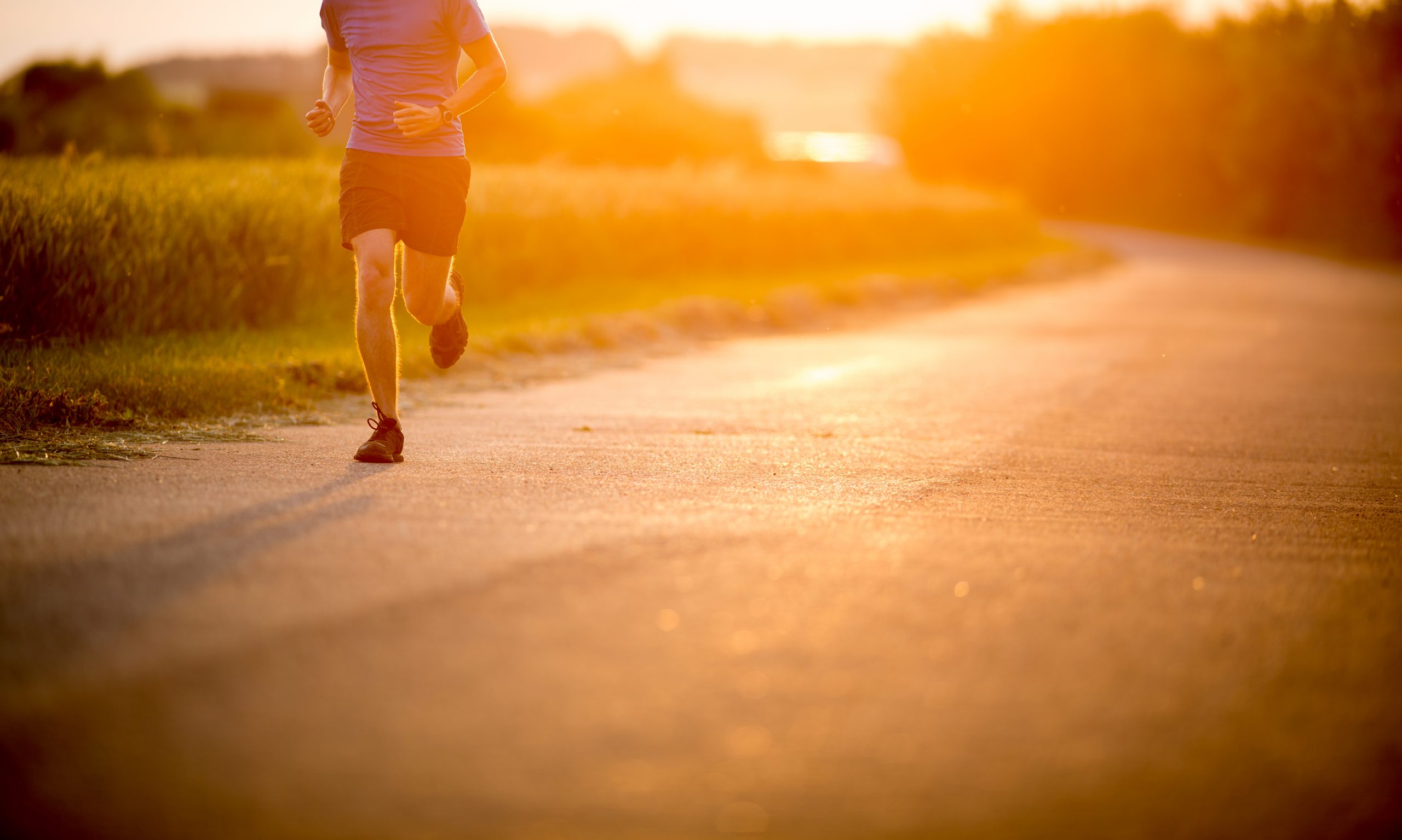

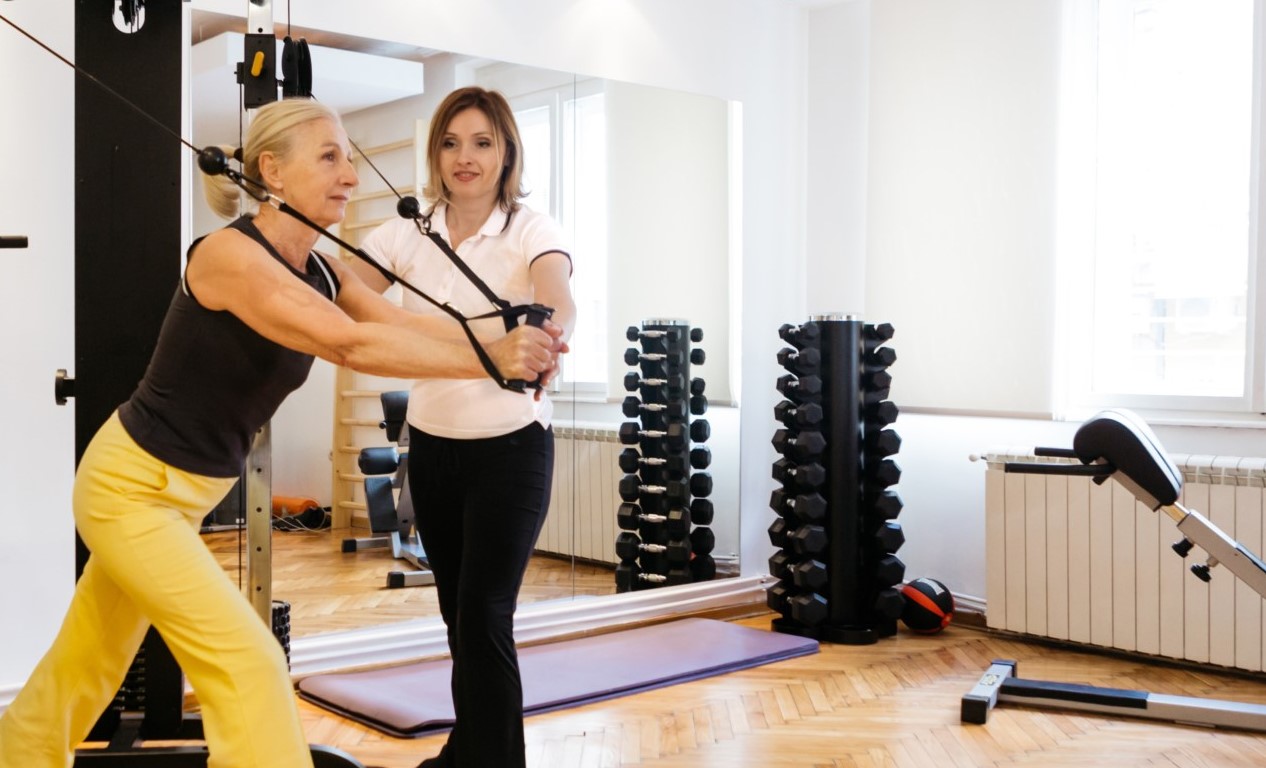
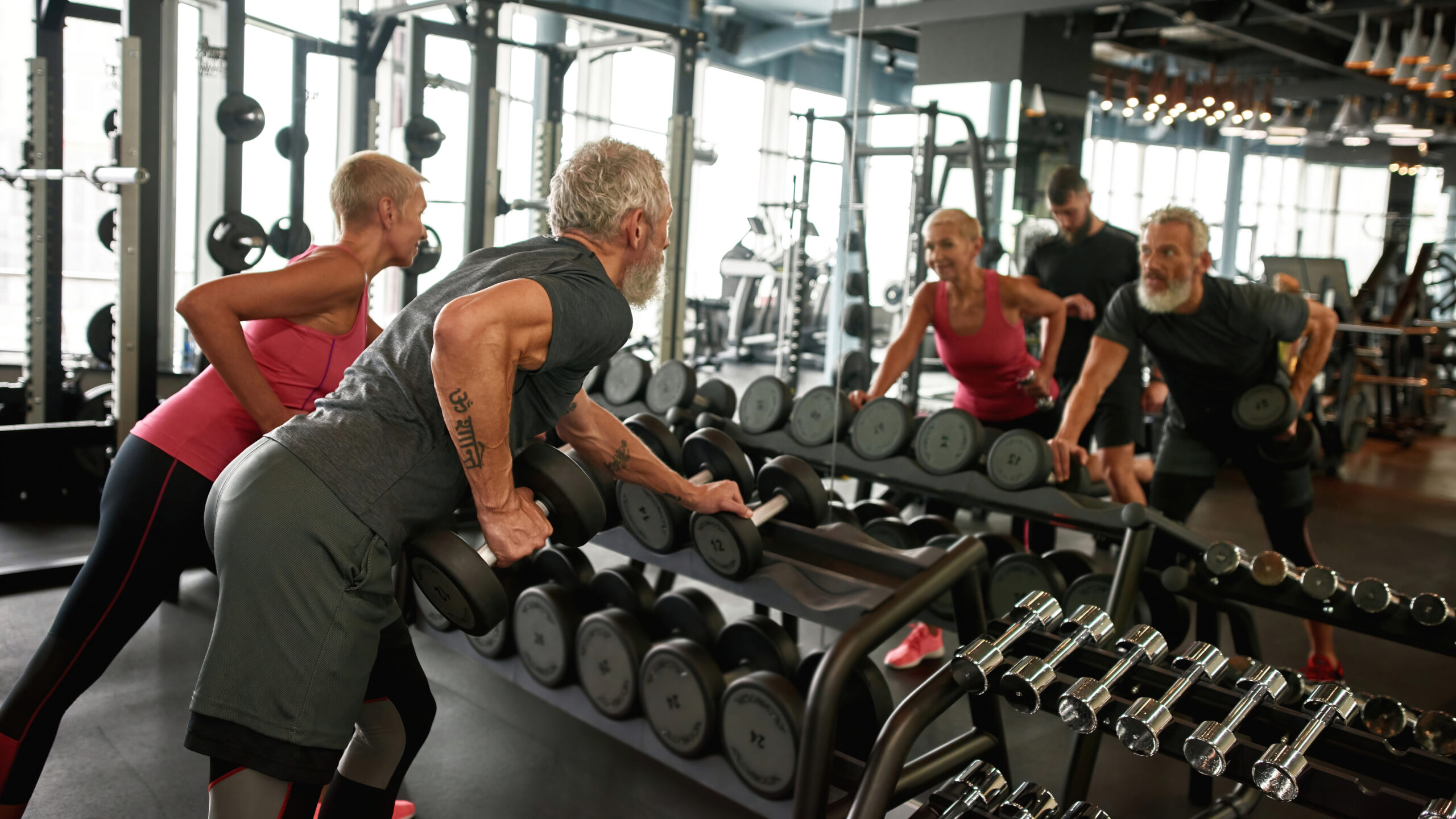



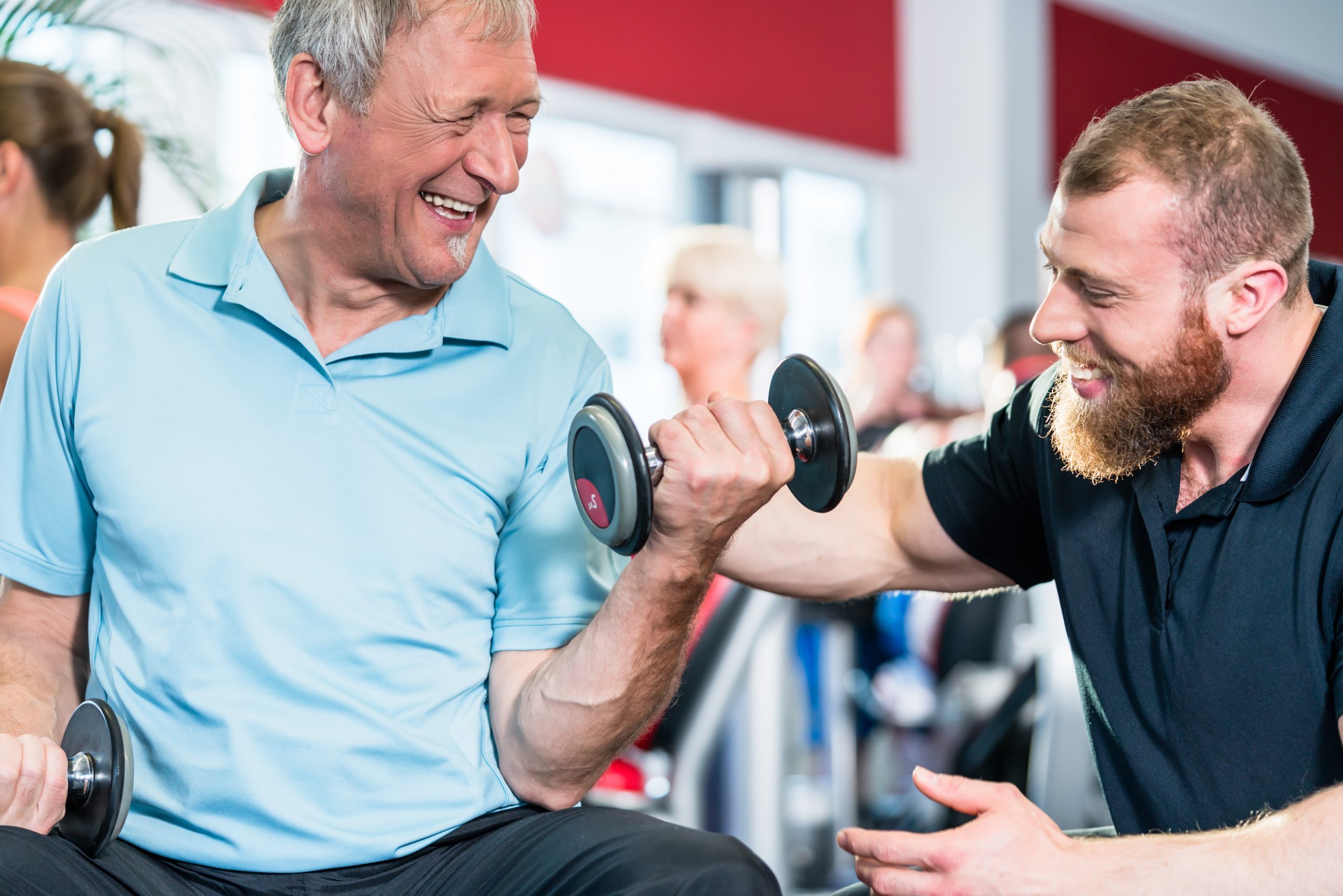
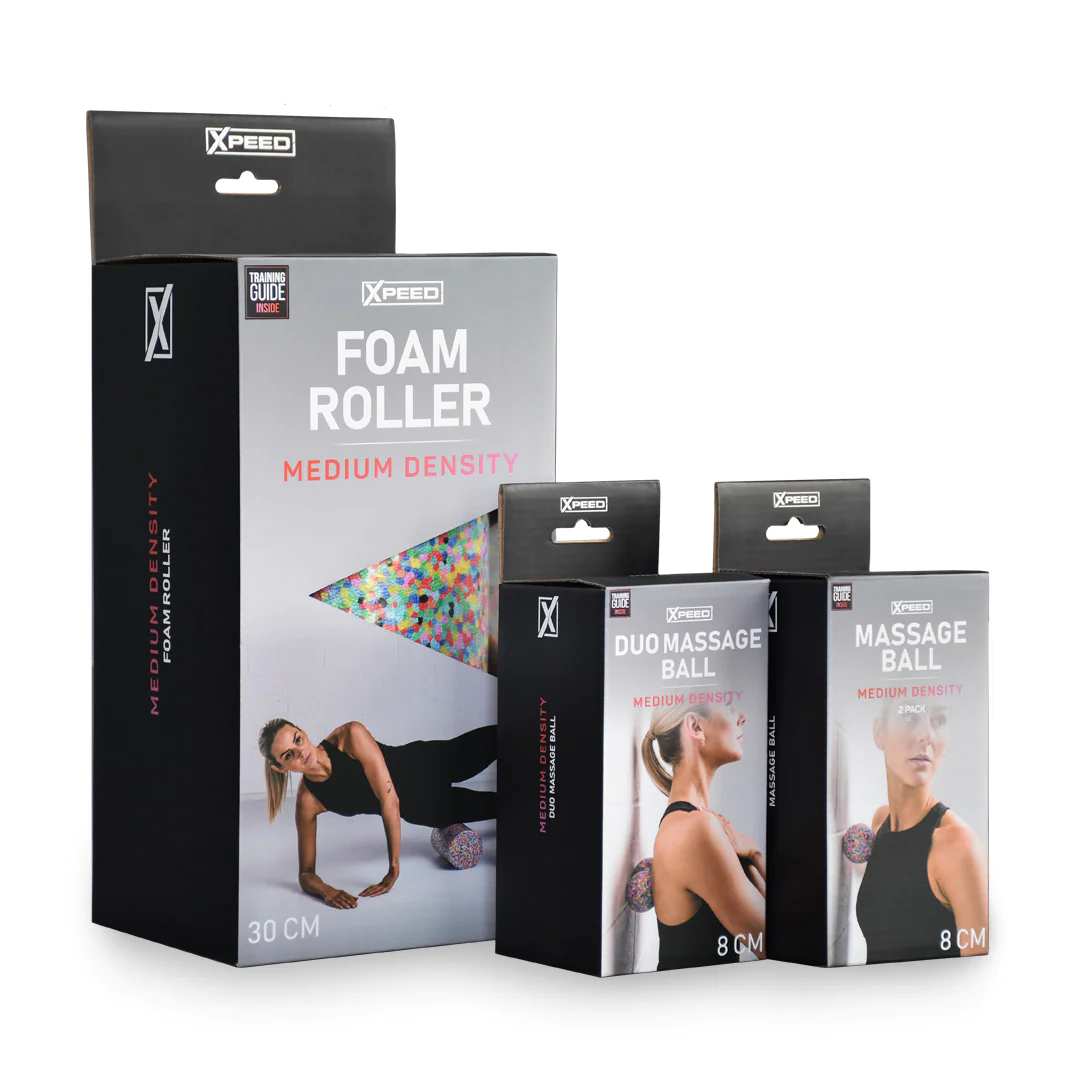
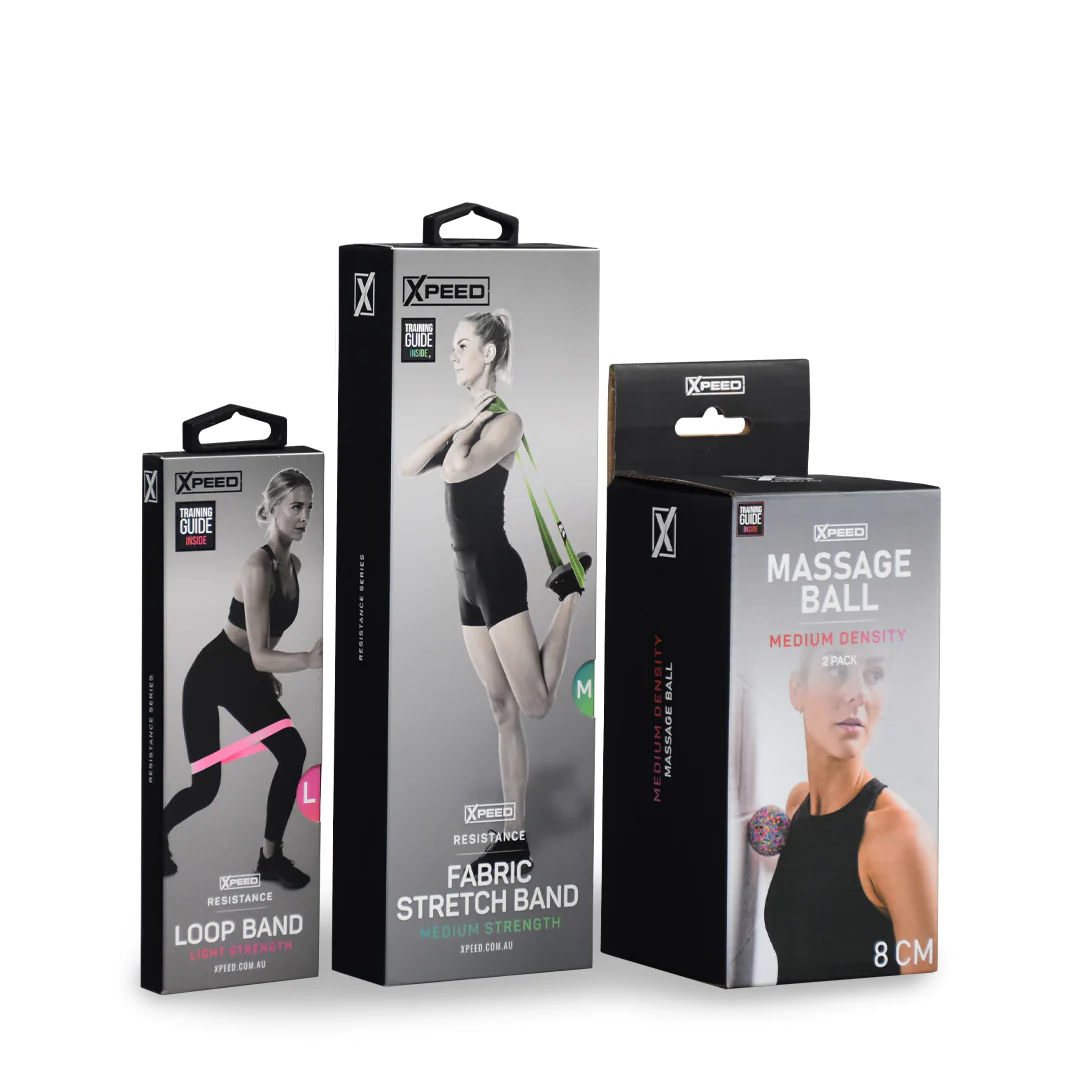
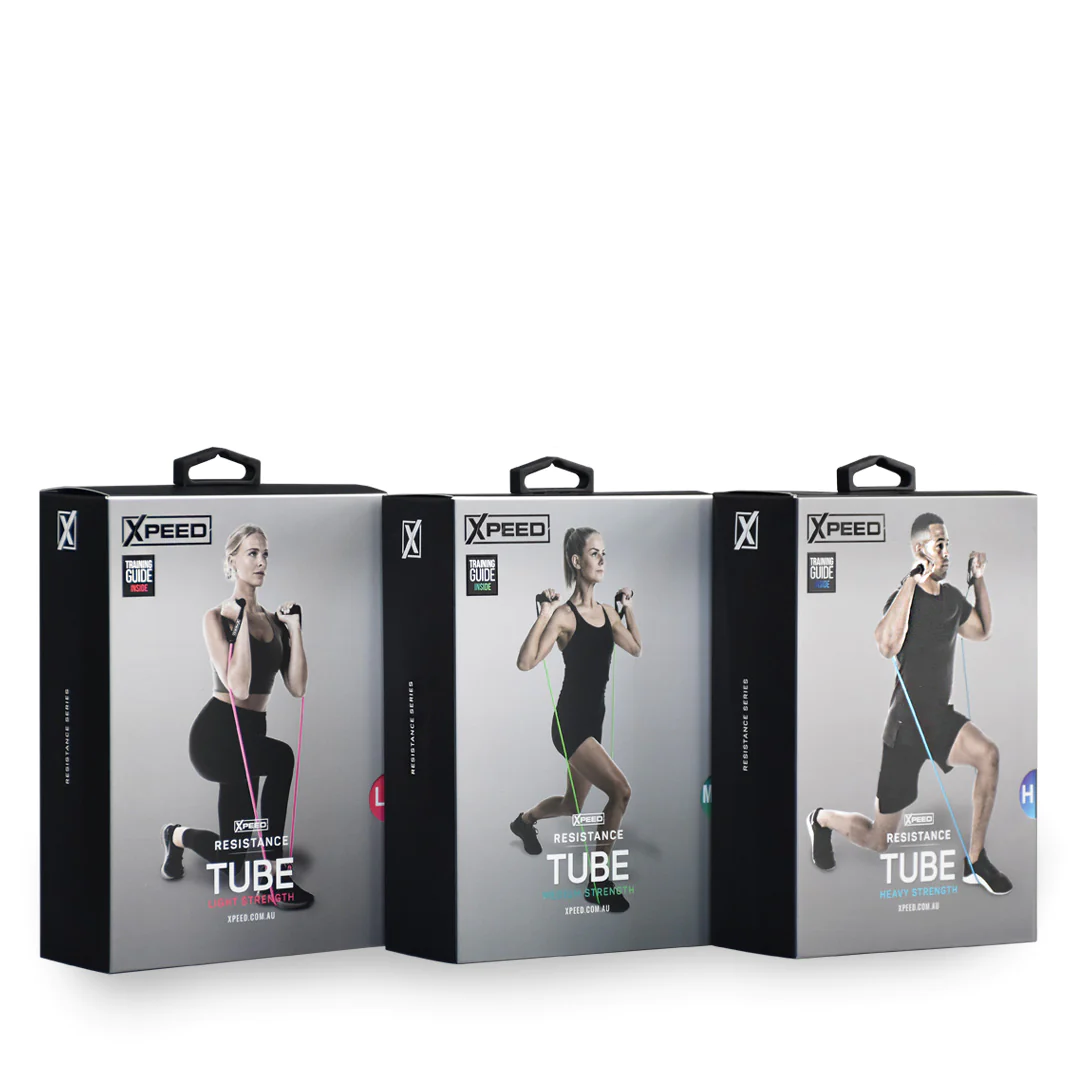
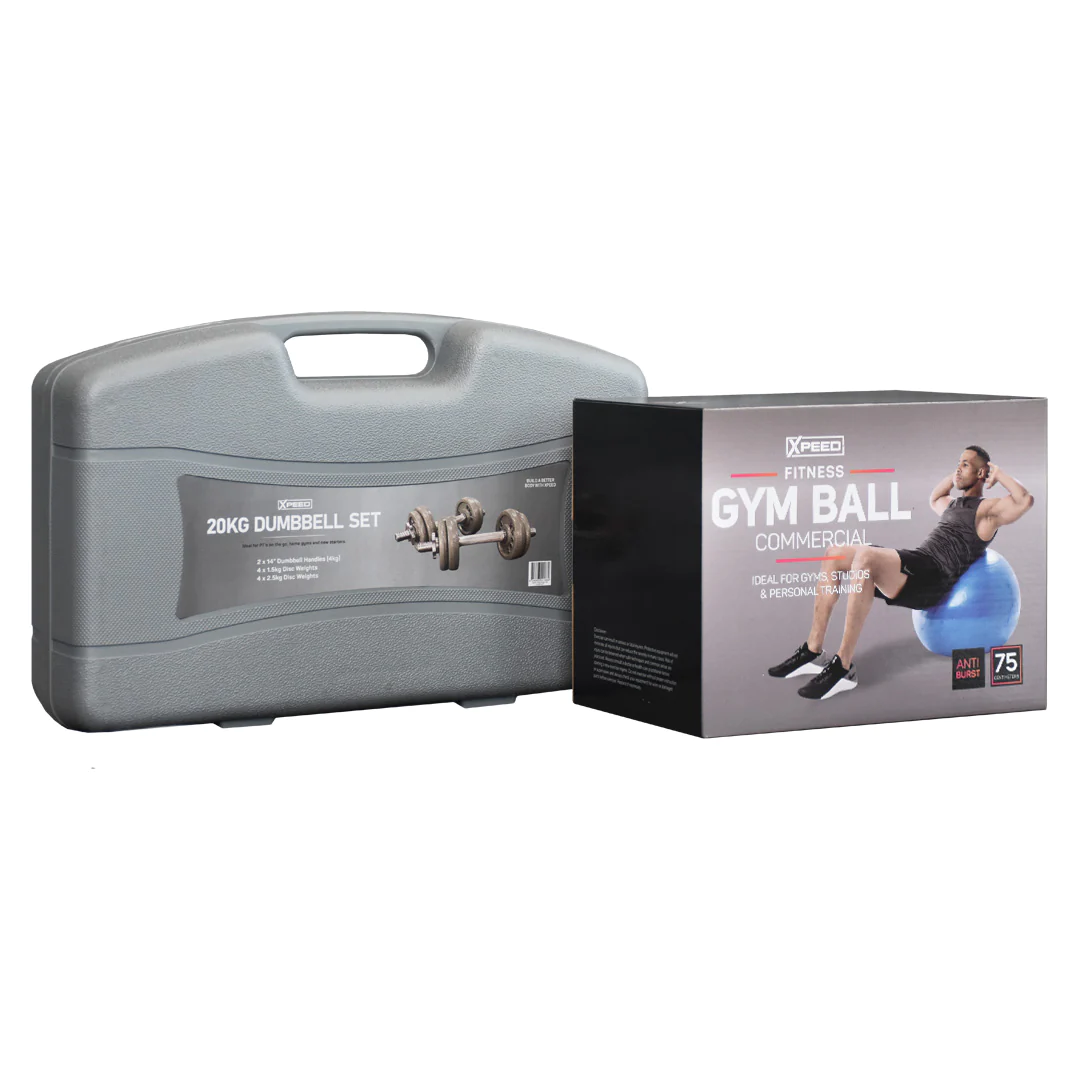
0 Comments
Trackbacks/Pingbacks